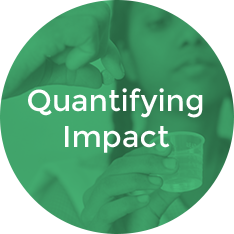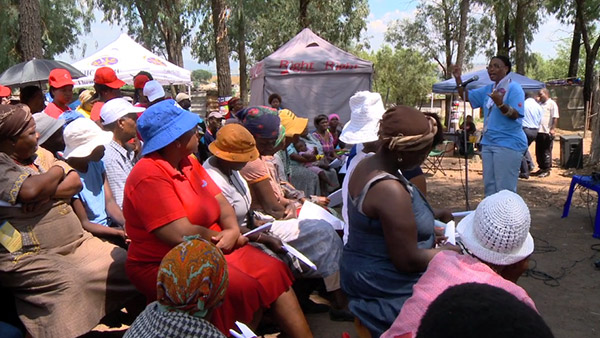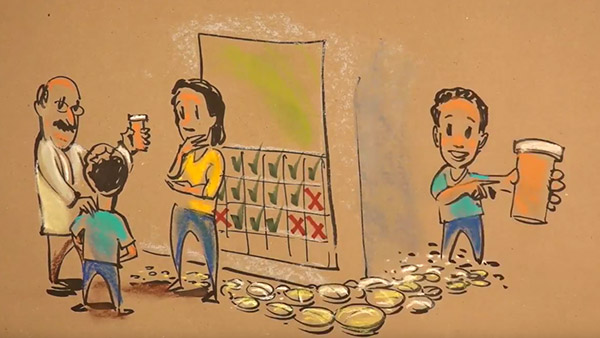Informed and engaged communities make new TB medicines possible.
Without informed and engaged communities, the development and delivery of new and improved TB cures is not possible. Through our Community Engagement program, TB Alliance works with people affected by TB to empower them with knowledge and skills to promote open communication and participation in the TB drug research conducted in their communities and to ensure new treatments meet the needs of those suffering from TB.
Our partnership in this area has led to the development of the most extensive network of Community Advisory Boards (CABs) in TB drug research, as well as a robust suite of programs and tools intended to share best practices and measure the effort of community engagement on research – for TB but also other disease areas as well.
TB Alliance partners with clinical trial sites and others to implement unique strategies to engage patients and communities. Activities range from the establishment of formal community advisory structures (CABs), to organizing workshops and trainings on TB drug research, to public education and awareness campaigns. These and other community outreach initiatives serve as a bridge between trial participants, community members and researchers, and help to establish meaningful mechanisms for open dialogue, participation, and feedback about the trial.
Engaging Communities
TB Alliance Community Tools

To help promote research literacy, TB Alliance and its partners developed a toolkit that has been used to train community members at local sites on key concepts in product development. The kit is available and can be a resource for those working in TB research to help educate and inform stakeholders.
Download The TB Alliance Research Literacy Tool Kit

CE is critical to research efforts but has not traditionally been work that has been quantified. TB Alliance and AVAC have developed an interactive tool kit for groups to monitor and evaluate the impacts of their Community Engagement work, including tools to generate reports and analyses. This can be used by CAB members at the site level to evaluate and improve the efficacy of their programs, as well as parent organizations to report successes to stakeholders and donors, and help build the case for the importance of community engagement work.

TB in children has long been a neglected aspect of TB control. As a result, children often go uncounted and untreated. TB Alliance Community Engagement efforts have piloted several programs that seek to raise awareness and educate communities and the children themselves on how to identify TB in children, when to seek treatment, and how to advocate for the unique needs of children and for products that meet those needs.






 Childhood Tuberculosis Educational Tools – Components of the Toolkit (pdf - 1,700kb)
Childhood Tuberculosis Educational Tools – Components of the Toolkit (pdf - 1,700kb) Childhood TB Education Tools for Children and their Families (pdf - 5,700kb)
Childhood TB Education Tools for Children and their Families (pdf - 5,700kb) Childhood TB Handout (pdf - 1,600kb)
Childhood TB Handout (pdf - 1,600kb) Childhood TB Activity Booklet and Insert (pdf - 6,600kb)
Childhood TB Activity Booklet and Insert (pdf - 6,600kb)
